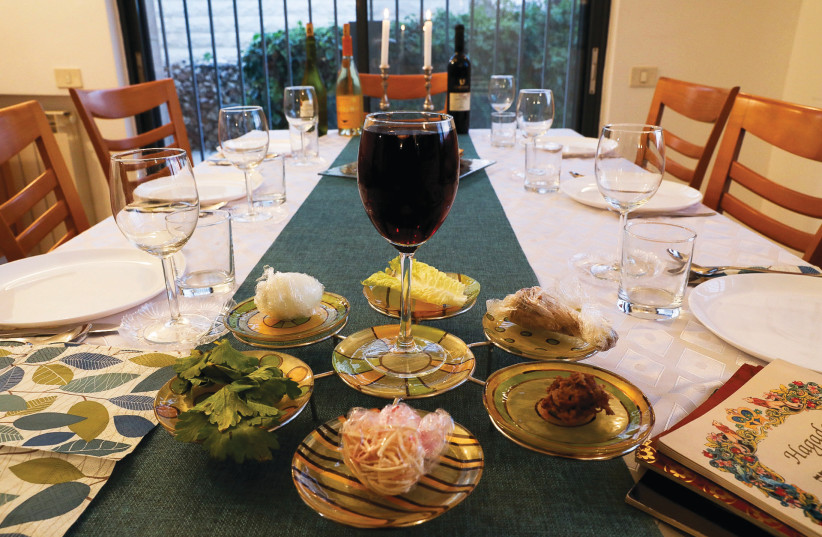I recently saw a photo that poignantly illustrated the enduring message of Passover to me.
In it, four young men pose on a thoroughfare in Cairo, Egypt. Visible behind them is the Great Pyramid of Giza. It would be just another of the thousands or millions of similar photos taken at the Great Pyramid, except that these young men are yeshiva students dressed in traditional white shirts, dark pants, kippot and tzitzit. They came to Egypt not to tour one of the Seven Wonders of the Ancient World but to lead a celebration of the triumph and endurance of the Jewish people and their redemption from slavery at the hands of the civilization that built those pyramids.
While the kingdom that enslaved the Jewish people more than 3,300 years ago has long been relegated to the history books, we have survived and on Wednesday and Thursday night, hundreds of Jewish people gathered in the very country we were once held captive to celebrate our freedom and our survival as a people.
Hostility replaces hospitality
It’s indicative of a more recent trend of hostility being replaced by hospitality, of individuals who once struggled to see eye to eye becoming friends. This year, Egypt is one of some 20 Islamic countries that saw Passover Seders take place. Seders were celebrated in Morocco, Kosovo, Iran and Uganda. They took place in Nigeria, Turkey, Qatar and many more countries – not in secret, for fear of retribution but with the enthusiastic approval of our neighbors and of the governments of these countries.
Unlike the Egyptians of old, today’s Egyptian leaders and those in the many countries represented in the Alliance of Rabbis in the Islamic States welcome those who look and act differently.

We began our sojourn in Egypt as immigrants, welcomed into the land by Pharaoh. But a new king arose and he and his advisers were deeply xenophobic. “Behold, the people of the children of Israel are more numerous and stronger than we are,” they said. “Let us deal shrewdly with them, lest they increase,” (Exodus 1: 9-10).
They were afraid of being replaced by the Jewish newcomers. Instead of embracing the potential that new immigration brings, the Egyptians of old sought to eliminate them.
They began by enslaving the Jews and when that didn’t break their spirit and stop them from having families, they concocted a yet more horrendous plan: they would murder all of the newborn Jews.
When Moses was born and the Egyptian authorities came looking for the baby, his mother had no choice but to hide him in a small, waterproof basket and cast him into the Nile River, hoping he would somehow survive, despite all the odds.
And of course, he was rescued by none other than Batya, an Egyptian princess, and grew up to be the redeemer of his people. This small act of kindness toward a stranger was a catalyst for redemption.
That is what we celebrated when we gathered for the Seders and the festive meals on Passover. In Egypt, throughout the Middle East and in Islamic countries beyond, we celebrated the replacement of the hatred, distrust and xenophobia of long ago with the friendship and hospitality that is the hallmark of the Islamic world.
This year’s celebration of friendship takes place while Muslims mark Ramadan, with its additional emphasis on kindness and charity. What better example of this than the welcoming hand that has been extended to the Jewish people in more and more countries throughout the Islamic world?
The writer is the chairman of ARIS – The Alliance of Rabbis in the Islamic States.
